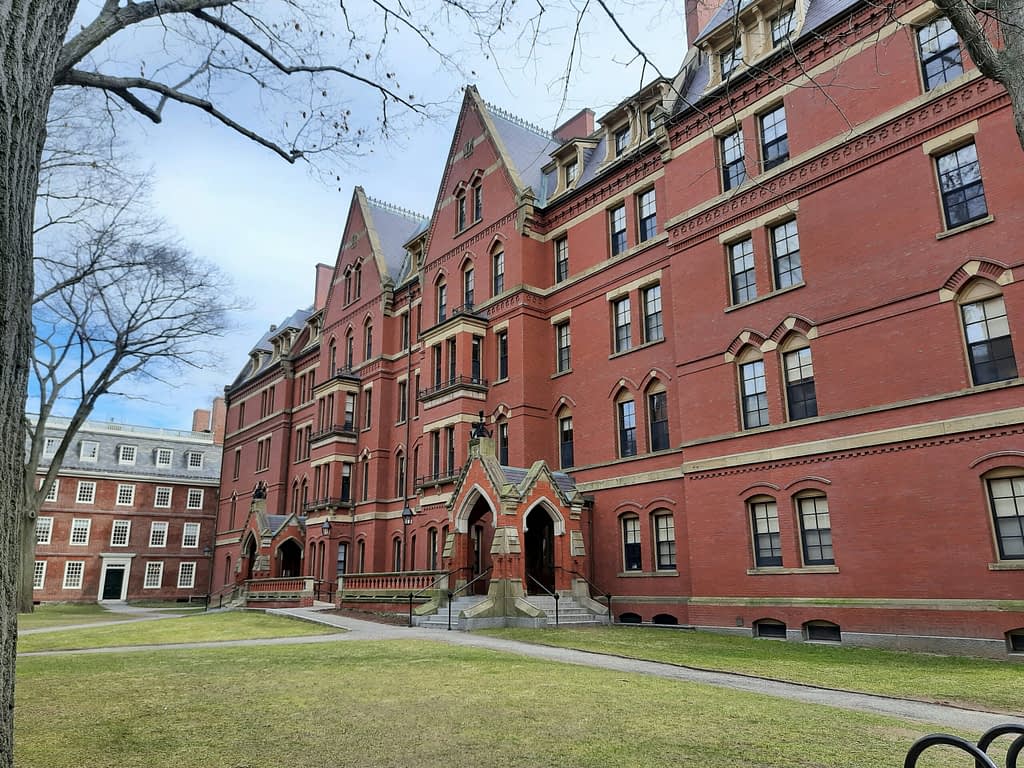Lawrence Summers, former US Treasury Secretary and President Emeritus of Harvard University, has labeled the Trump administration’s decision to block international student enrollment at Harvard as “vicious, illegal, and extremely damaging.” This measure could have far-reaching impacts on the American economy and the US position in the global education sector.
Harvard University Faces Unprecedented Government Intervention
The Trump administration has blocked Harvard University from accepting international students, citing an “unsafe campus environment” and alleged ties to the Chinese Communist Party. The Department of Homeland Security announced Thursday that existing international students must transfer to another school or lose their legal status.
Summers, who is also a paid Bloomberg TV contributor, called on Harvard to mount legal resistance against this measure. “Harvard must start by resisting. This is the stuff of tyranny,” he declared in a Bloomberg TV interview.
Economic Consequences for American Higher Education
The blocking of international students represents a significant economic loss for the US. International students bring billions of dollars annually to the American economy through:
- Tuition and fees – international students often pay significantly higher amounts than domestic students
- Living expenses – housing, dining, and other expenditures in local communities
- Long-term benefits – many graduates remain in the US and contribute to innovation and entrepreneurship
- Tax revenue – through employment opportunities and consumption
“Why does it make any sense at all to stop 6,000 enormously talented young people who want to come to the United States to study from having that opportunity?” Summers questioned.
Geopolitical Consequences and Competitive Advantage
Summers warned that this decision provides a gift to competing nations seeking to attract international students. Britain, Australia, and New Zealand thus gain a significant competitive advantage in the lucrative educational services market.
The former Treasury Secretary emphasized the injustice toward students who “dreamed for their whole lives” of studying at Harvard and viewed the university as a “symbol of what was the best of America.”
National Security versus Openness
Summers argues that limiting exchange opportunities for international students damages not only the American economy but also national security. International students often represent:
- Future leaders from their countries with positive attitudes toward the US
- Innovators and entrepreneurs contributing to technological advancement
- Cultural bridges between the US and their home countries
- Skilled workforce in key industries
“If I had been a member of an administration where such unlawful orders had come from the White House, I would have resigned immediately,” Summers declared.
Future of American Higher Education
The decision to block international students at Harvard could set a precedent and affect the entire American higher education sector. Summers called it a “devastating, self-inflicted wound” and expressed hope that legal action will enable international students to remain at the prestigious Ivy League university.
“We are taking the ‘pride of our country’ and we are destroying it,” Summers concluded his condemnation of this controversial measure.




